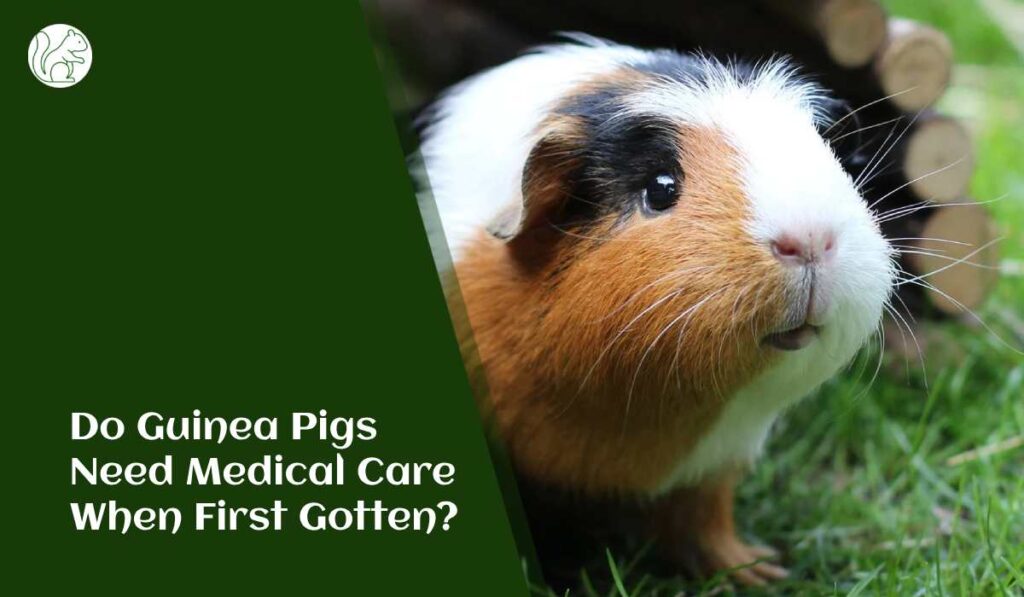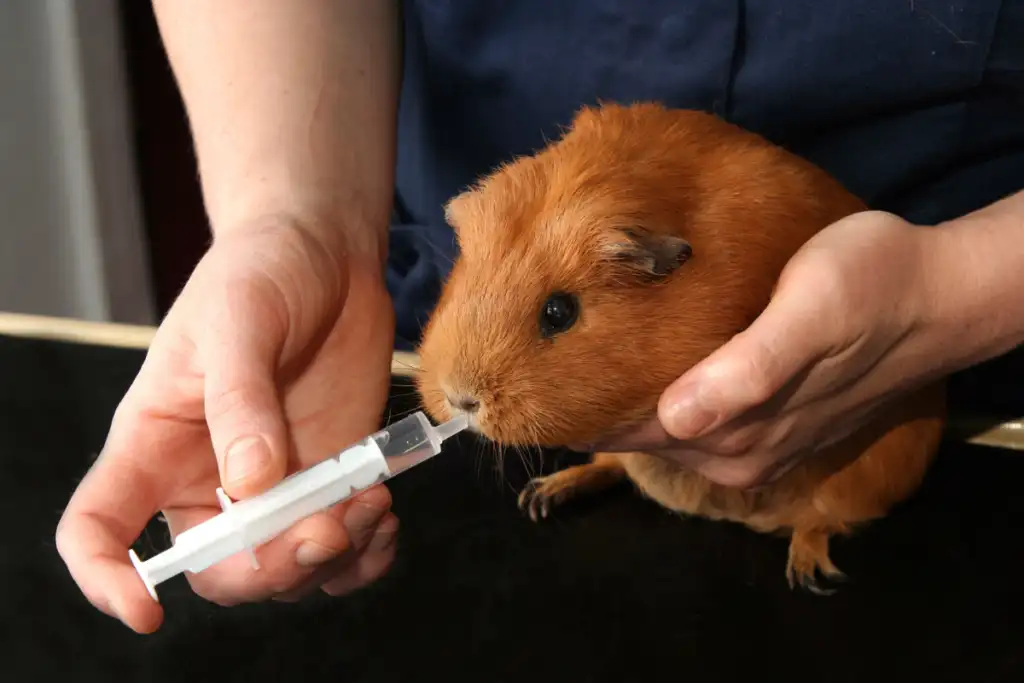If you’ve recently welcomed a cute and furry guinea pig into your home, congratulations on your new pet! Guinea pigs, also known as cavies, make wonderful companions with their friendly and social nature. As a responsible pet owner, it’s essential to provide the best care possible for your new furry friend from the moment they arrive in their new environment. One crucial aspect of guinea pig care is ensuring their health and well-being. In this article, we’ll explore the importance of medical care for guinea pigs when you first bring them home, why it matters, and what you should do to ensure your guinea pig remains happy and healthy.

Understanding the Importance of Early Medical Care
Just like any other pet, guinea pigs require proper medical attention to maintain their health and prevent potential issues. Medical care is especially important when you first bring them home because it helps establish a baseline of their health status and allows early detection of any underlying health problems. Timely medical intervention can make a significant difference in your guinea pig’s overall well-being and quality of life.
The Initial Health Check-Up
When you first get a guinea pig, schedule an appointment with a qualified veterinarian experienced in small animal care. During the initial health check-up, the vet will conduct a thorough physical examination of your furry companion. They will check for any signs of illness, parasites, or injuries that may have occurred before or during the transition to your home.
Vaccinations for Guinea Pigs
Guinea pigs, like all pets, need protection against certain diseases. Your veterinarian may recommend vaccinations to safeguard your guinea pig’s health. Common vaccinations for guinea pigs include protection against Bordetella bronechiseptica (bacterial respiratory infection) and scabies (parasitic mites). These vaccinations are essential to prevent the onset of potentially severe and contagious diseases.
Parasite Prevention and Control
Parasites, such as mites and fleas, can be a common problem for guinea pigs. These pesky critters can cause itching, discomfort, and even lead to serious health issues if left untreated. Your vet will prescribe appropriate preventive treatments to keep your guinea pig free from parasites.

Proper Nutrition for Optimal Health
Maintaining a well-balanced diet is crucial for your guinea pig’s health, and the early days of bringing them home are no exception. Your vet will offer guidance on the right type of hay, fresh vegetables, and commercial guinea pig pellets that meet their nutritional requirements. Proper nutrition is key to preventing common health issues, such as obesity and dental problems.
Hygiene and Cage Maintenance
To ensure your guinea pig stays healthy, maintain a clean living environment. Regularly clean and disinfect their cage, litter box, and food bowls. A clean living space minimizes the risk of infections and promotes a healthy and stress-free environment for your pet.
Handling and Socialization
Guinea pigs are social animals, and spending time with them is essential for their mental well-being. Proper handling and socialization help build trust between you and your new pet. However, be gentle and patient during the process, as guinea pigs may take some time to adjust to their new surroundings.
Signs of Illness and When to Seek Veterinary Care
Educating yourself about common signs of illness in guinea pigs is vital. Watch for symptoms like loss of appetite, lethargy, unusual discharges, difficulty breathing, or changes in behavior. If you notice any of these signs, seek immediate veterinary care as early intervention can save your guinea pig’s life.
Providing a Safe Environment
Creating a safe space for your guinea pig to explore and play is essential. Remove any potential hazards or toxic substances from their living area. Guinea pigs are curious creatures, so it’s crucial to “guinea pig-proof” your home to prevent accidents and injuries.
Regular Check-Ups and Ongoing Care
After the initial health check-up, schedule regular visits with your veterinarian for routine check-ups. Regular vet visits help monitor your guinea pig’s health, address any concerns promptly, and ensure they continue to thrive in their new home.
Conclusion
In conclusion, guinea pigs indeed need medical care when you first bring them home. Early medical attention, including a comprehensive health check-up, vaccinations, parasite prevention, and proper nutrition, sets the foundation for a healthy and happy life for your furry companion. Additionally, regular veterinary care, a safe environment, and socialization play crucial roles in ensuring your guinea pig’s well-being throughout their life. By prioritizing their health and providing the love and care they deserve, you’ll enjoy a rewarding and fulfilling journey as a guinea pig owner.
